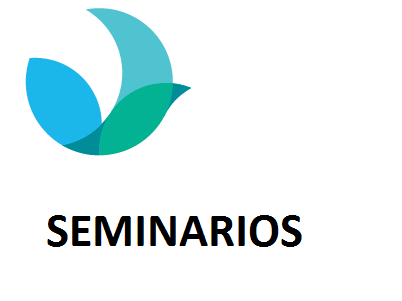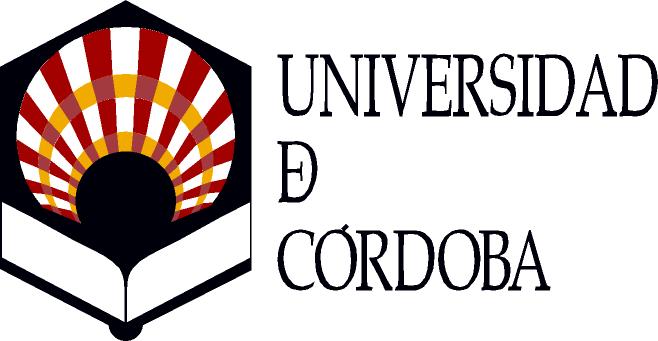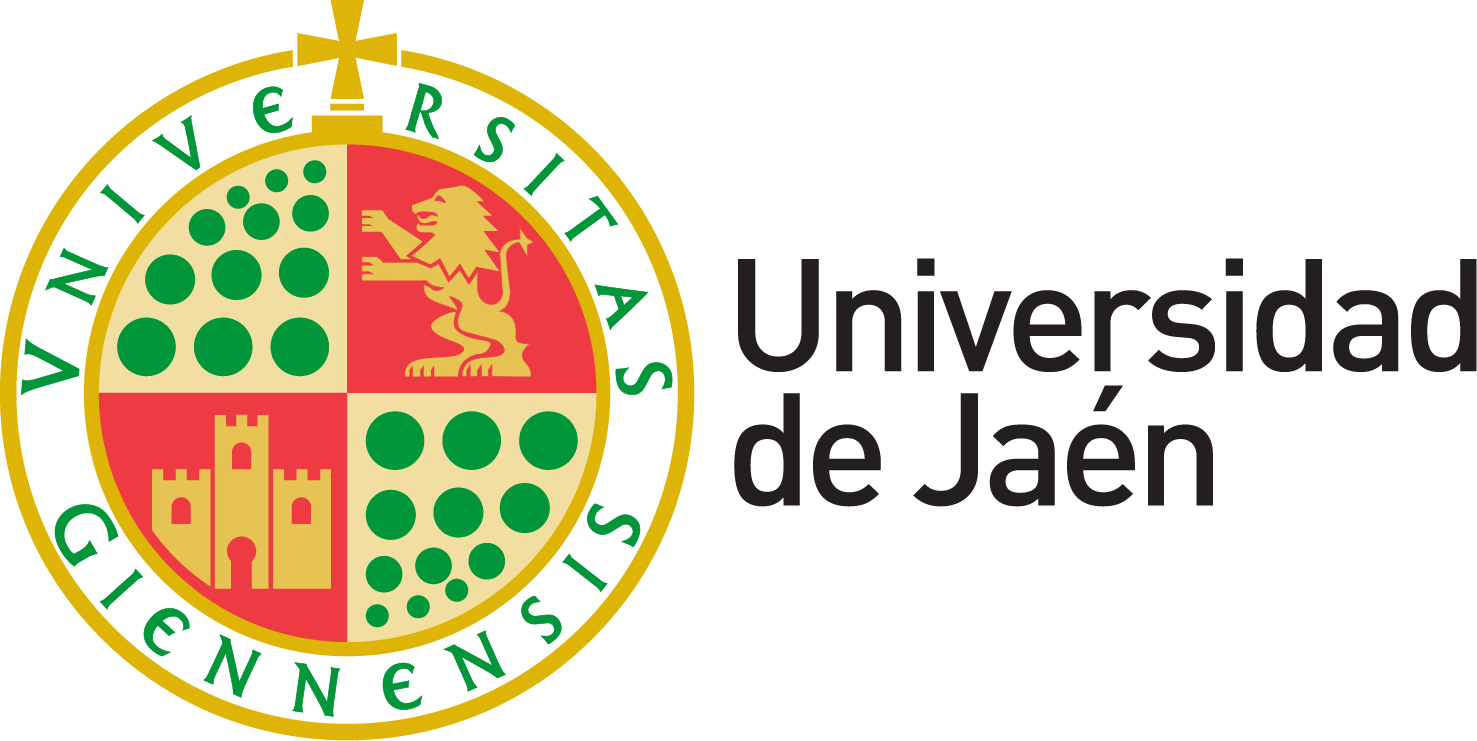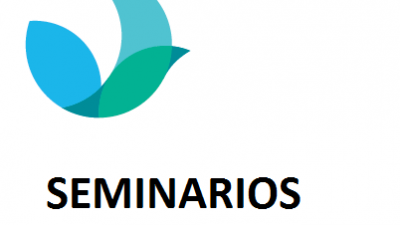
We are please to invite you to the following seminar:
Title: Light-scattering measurements and models for lidar applications
Speaker: Dr. Romain Ceolato at University of Toulouse
Place: Conference Room, Andalusian Institute for Earth System Research
Date and time: Friday 5th May 2023, at 13:00
Online: meet.google.com/ofd-oatm-tvp
Elastic backscatter lidar, or aerosol lidar, is an established remote-sensing technique based on the measurement of backscattering properties of atmospheric constituents, including aerosols and molecules. Fundamental to lidar measurements are the extinction and backscattering properties of the aerosol particles in the lidar beam. We aim to give an understanding for how light-scattering measurements and models are needed for lidar measurements. Specific emphasis is placed on extinction, which manifests attenuation of the lidar beam by the aerosol, and the backscattering that ultimately constitutes the measured signal. Our approach is based both on laboratory and field measurements. In the lab, two-dimensional small-angle light-scattering patterns are measured for a variety of single microparticles (i.e. spheres, salt, sand, and volcanic dust) using a spectro-polarimetric laser-based scatterometer. In the field, a recently developed picosecond short-range elastic backscatter lidar (PSR-EBL) instrument, Colibri, is presented for measuring extinction and backscattering properties of aerosols at different wavelengths, ranging from ultrafine particles (e.g. soot) to coarse particles (e.g. dust, volcanic ashes) close to their emission sources. Dedicated models for backscattering by irregularly shaped particles, including soot fractal aggregates, will be presented. Accurate spectro-polarimetric light scattering models and measurements are believed to be a potential route to improve lidar modeling and retrieval algorithms.
Bio :
Romain Ceolato is a research scientist in the Optics and Associated Techniques Department at ONERA, University of Toulouse (France). He received a Ph.D. in Physics in 2013 from ISAE Supaero and was an invited Researcher at Mississippi State University (USA) under the supervision of Matthew J. Berg. He then continued to work as a research engineer at Optis Japan K.K., Tokyo (Japan) before joining ONERA as a research scientist in 2014. He is the Principal Investigator for several aerospace research projects and was awarded the France-Berkeley Fund grant in 2022. His research interests cover different areas of light-scattering, in particular, multi-spectral and polarimetric backscattering of light by irregularly shaped particles for remote-sensing. He showed that equivalent spherical models for soot particles could lead to significant errors in lidar retrievals. Later, he proposed a more realistic optical model for lidar parameters (i.e. backscattering, lidar ratio) based on the RDG-FA accounting for the fractal morphology of black carbon aerosols. His research is motivated by developing cutting-edge laser-based techniques to measure aerosols, in the laboratory or in the field, for aerospace engineering and environmental problems.




